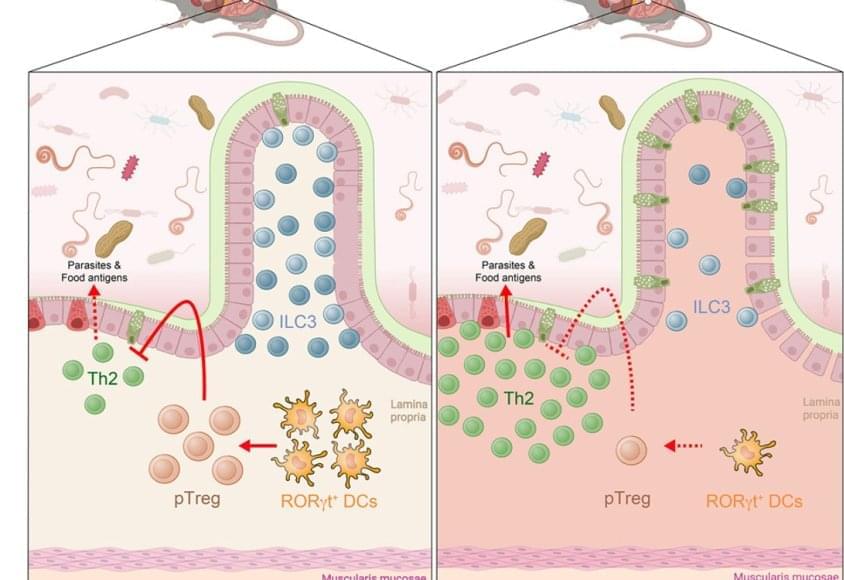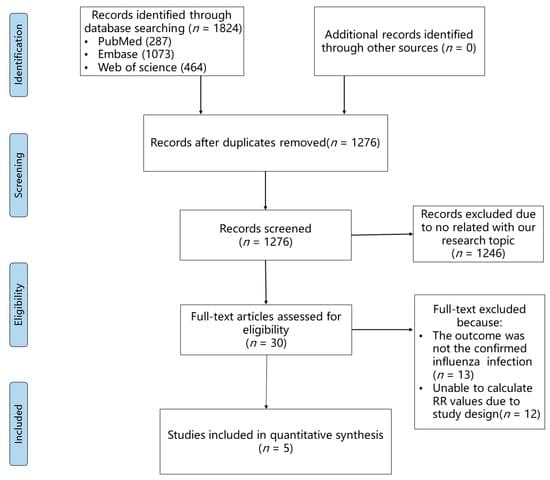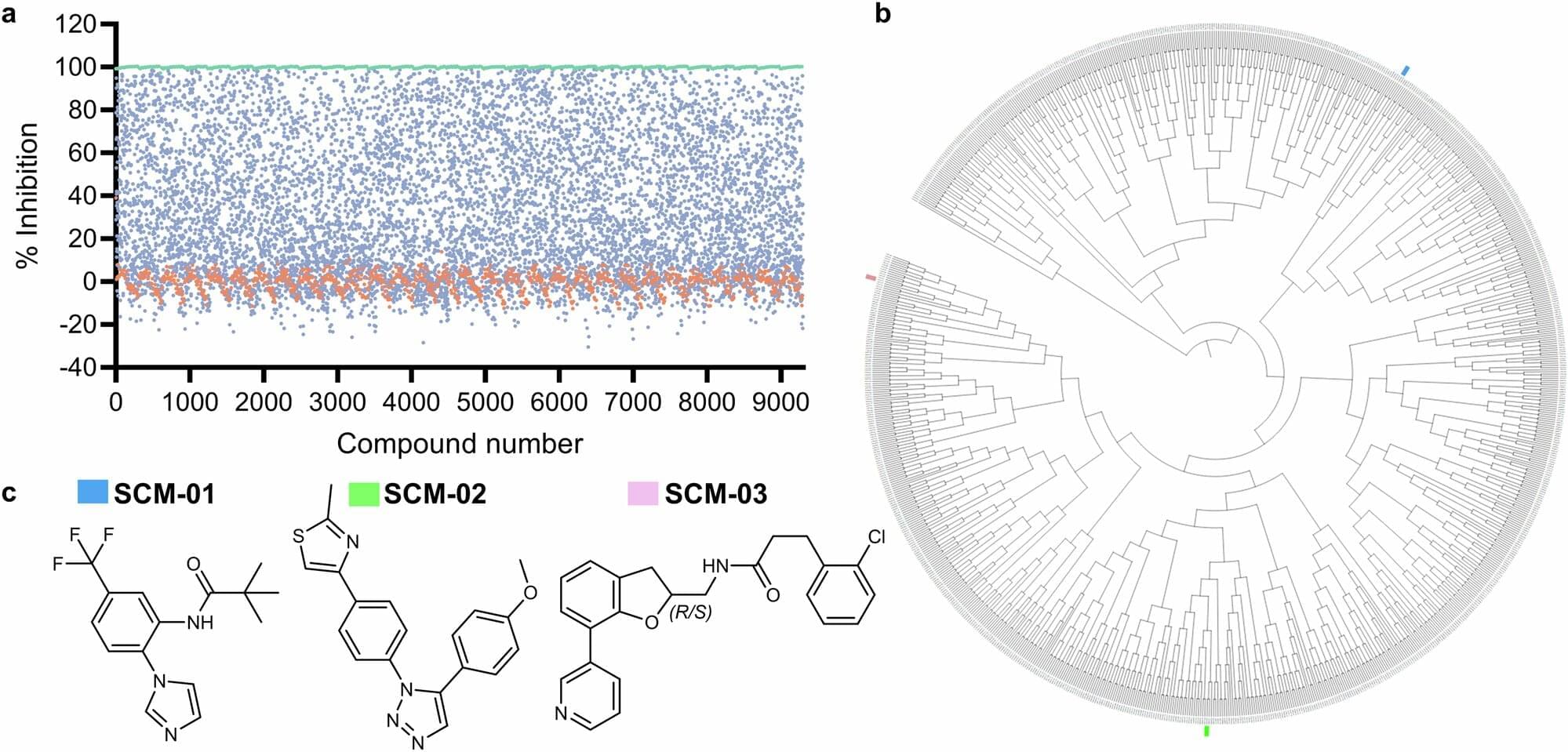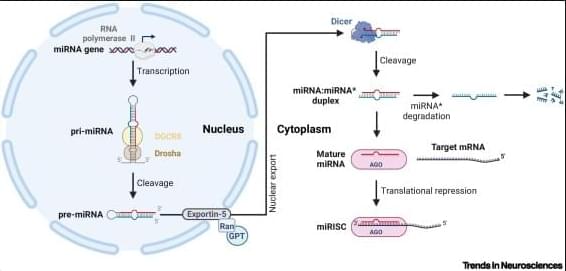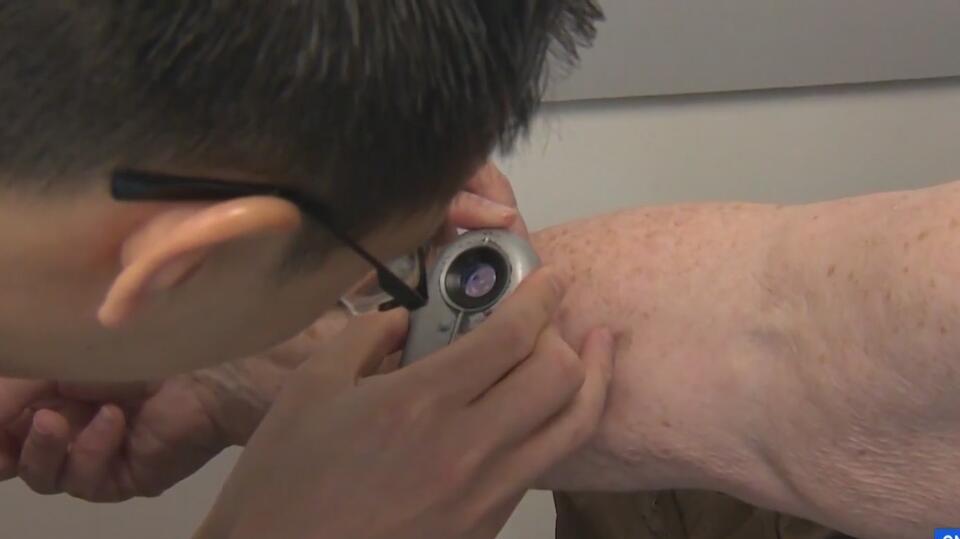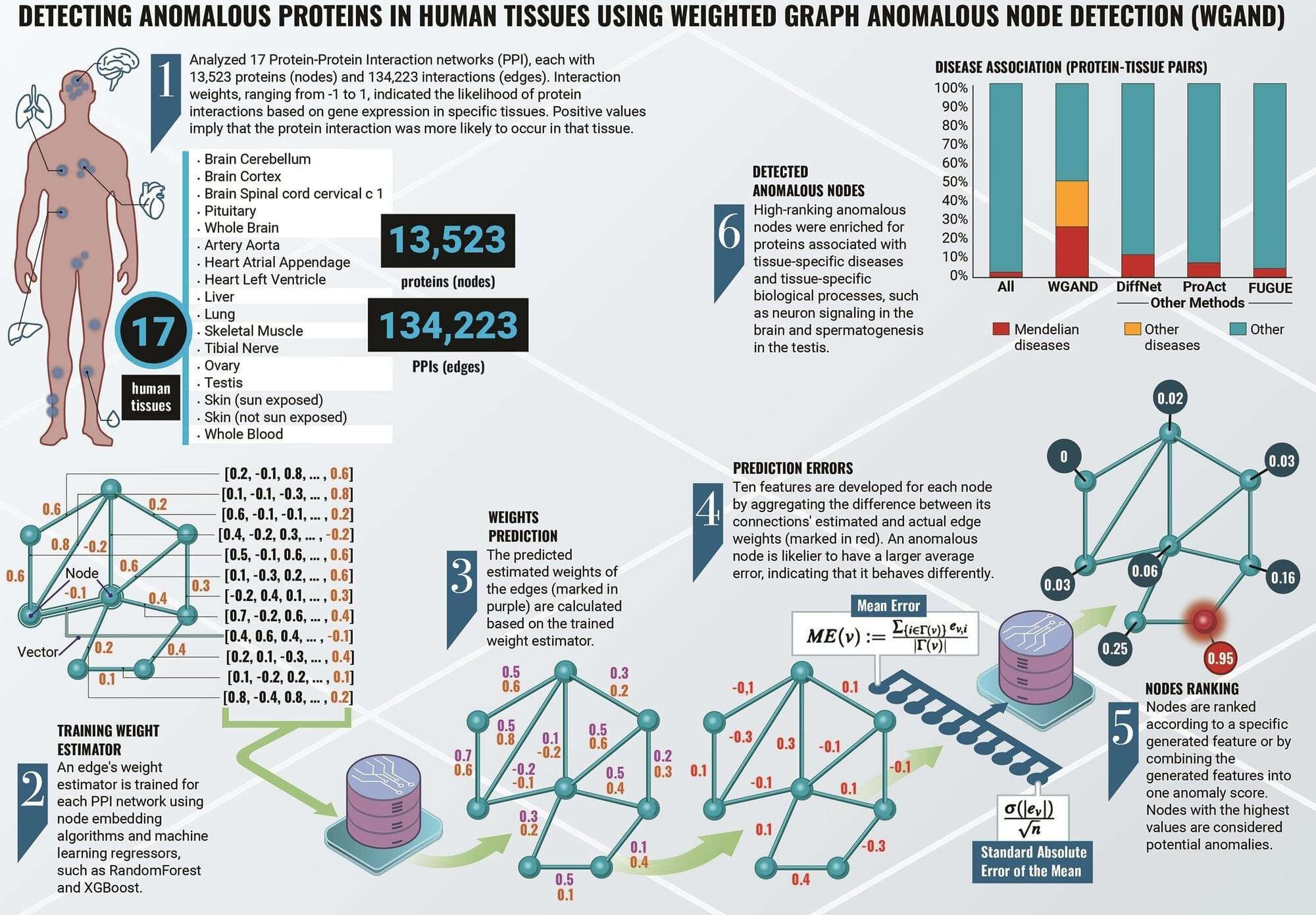Nexus between genomic instability and metabolism in cancer.
Genomic damage detection and repair in the cells is enabled by the DNA-damage response (DDR).
Although DDR inhibition has been used to treat various cancers, drug resistance has been observed in the long run owing to the ability of tumor cells to undergo energetic metabolic reprogramming.
In addition, tumor cells’ ability to sense oxidative stress influenced by metabolic intermediates, leading to impaired redox metabolism, thus creating redox vulnerabilities.
The researchers in this review summarize recent advances in understanding the crosstalk between DDR and metabolism and discuss combination therapies that target DDR, metabolism, and redox vulnerabilities in cancer.
They also outline challenges in targeting metabolism and strategies to improve the shortcomings. https://sciencemission.com/Unraveling-the-nexus
